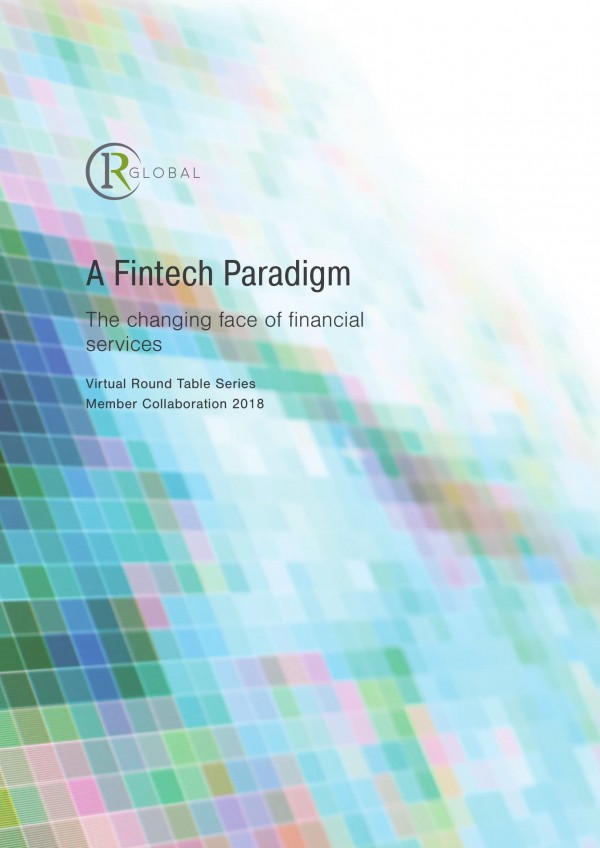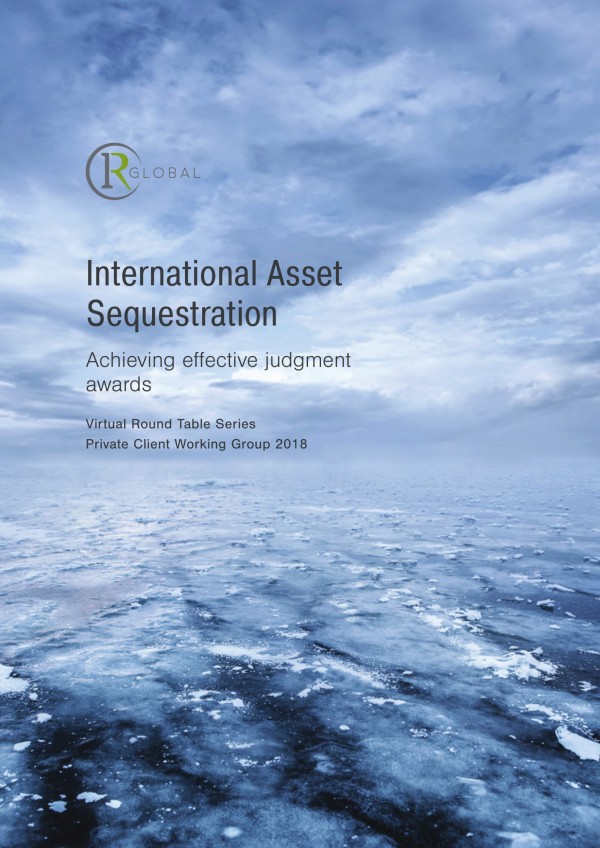Article 30 of Directive (EU) 2015/849 on the prevention of the use of the financial system for the purposes of money laundering or terrorist financing (“AMLD 4”) creates transparency obligations for corporate and other legal entities to obtain and hold up-to-date information on their beneficial owner(s). This information shall be provided to a central register […]
On 15 December 2017, the Grand Ducal Regulation of 5 December 2017 coordinating the Law of 10 August 1915 on commercial companies (“Company Law”), as amended, entered into force on 19 December 2017. This new regulation reorganises and changes the numbering of the provisions of the Company Law to improve readability. However, it does not […]
Regulation (EU) 2016/679 on the protection of natural persons with regard to the processing of personal data and on the free movement of such data (the “General Data Protection Regulation” or “GDPR”) was approved by the EU Parliament in 2016 and will be directly applicable in all EU Member States as of 25 May 2018. […]
POSTED ON JULY 18, 2018 BY ALEXANDRE CAILLE The concept of blockchain seems to draw its fame from the bitcoin but it is now rapidly implemented in quasi-all traditional business sectors. Blockchain is a decentralized and digitalized ledger accessible for the public at large. It is like a common file which everyone is able to […]
Fintech is a relatively new concept that encompasses a whole variety of businesses also beneath the broader umbrella of financial services. The term generally incorporates any use of technology to […]
Read more
The process of recovering debts can be extremely challenging, particularly when the individual debtor in question is sophisticated, and holds assets in multiple jurisdictions around the world. The legal process […]
Read more
In Luxembourg, the main legal sources in matters of director and officer liabilities are the law of 10 August 1915 on commercial companies, the law of 19 December 2002 concerning the commercial and companies register and the accounting and annual accounts of companies and the Commercial and Civil Codes, as primary general references. Companies active […]
01. Independent directors are a must within boards of directors in the financial sector in Luxembourg. For some years now, more and more companies have appointed Luxembourg resident independent directors to ensure a permanent local representation on the board. This allow a better interconnection between them and the local service providers and public authorities, and […]
Among the many responsibilities of General Counsels (in the US) or Company Secretaries (in Europe), there are several that stand out. Firstly, ensuring everybody is duly informed and trained on new regulation applicable to their functions, as well as on the internal code of governance adopted by the Board of Directors. Secondly ensuring that the […]
The Commission de Surveillance du Secteur Financier has very recently endorsed the position of the European Securities and Markets Authority (ESMA) regarding ICOs and the related risks for investors entering that non-regulated world. Today, organisations that intend to launch an ICO in Luxembourg should self-assess whether they fall outside the scope of the regulation applicable […]
Smart contracts certainly provide a quasi-real time audible record of information that is simultaneously updated and distributed among participants. Businesses using and trusting records that are stored on shared ledgers must consider the legal basis for these records. Users of these records will need to be assured of their reliability as an authoritative source of […]
The Luxembourg regulator, the Commission de Surveillance du Secteur Financier (CSSF) has adopted the view that ‘virtual’ currencies can be considered to be money, since they are accepted as a means of payment for goods and services by a sufficiently large group of people. Despite this, they are not legal tender in Luxembourg and would […]



